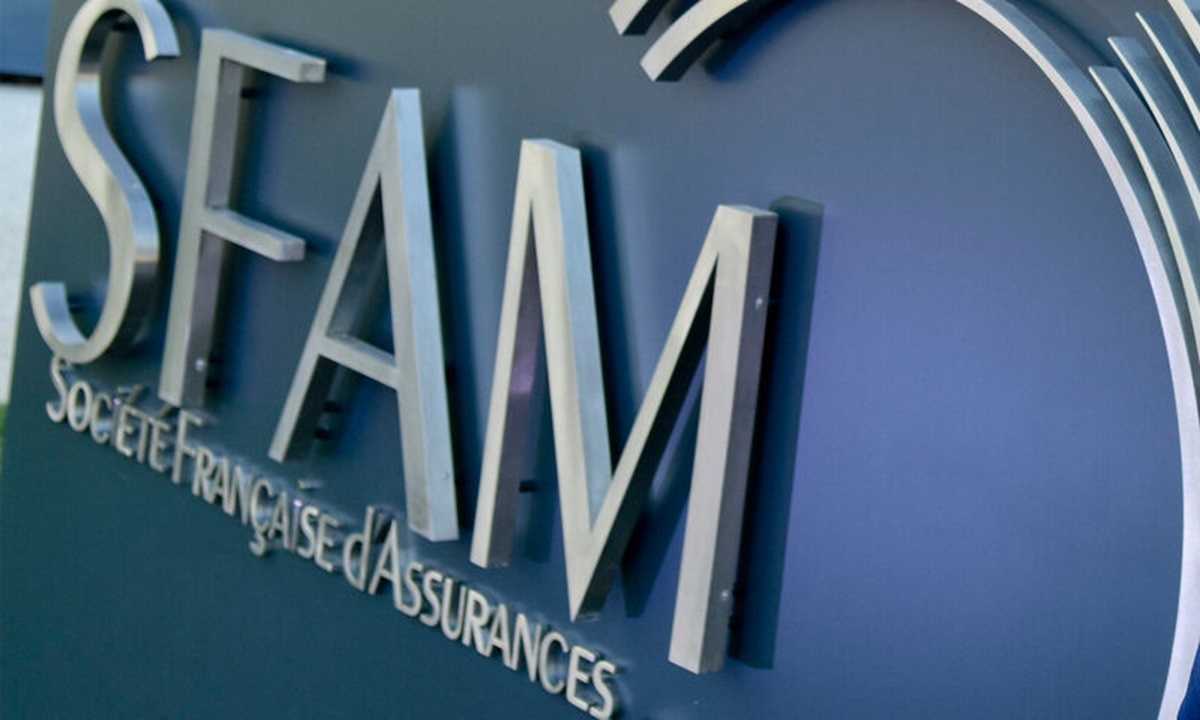International
SFAM case highlights direct debit fraud in French banks

Online scams related to the French banking system are making more and more headlines in the Hexagon and are becoming a real iimbarazzo. . Brought to light by the sensational “Sfam case,” direct debit fraud is putting its victims in trouble.
For years, former insurance broker Sfam (Indexia), which went into liquidation in April, made a series of unwarranted deductions from the bank accounts of thousands of individuals, often without their knowledge, for insurance costs associated with the purchase of multimedia equipment in stores. But while these customers regularly cancel their contracts, many are shocked to discover that the charges continue.
Worse, people who never disclosed their account number (the IBAN or International Bank Account Number, which became mandatory after the introduction of SEPA payments in 2014) are seeing their savings sucked dry by these unauthorized direct debits.
“One wonders how they (Sfam) got hold of our bank data…” asks one of the victims of these direct debits. “How can they access our Iban data so easily? Where is the data protection?” says Brigitte Chapus, who, within a week in April, noticed four direct debits on her account, “two of which occurred after I had asked my bank (Axa) to stop the debit because of the three-day time limit.” Above all, this former social worker insists, “I have not purchased any devices in the last few months” (citing the names of Sfam’s former distributor partners). Moreover, she has not yet been reimbursed for the 200 euros deducted, as the bank told her that it initially authorized the transaction “electronically” before saying, “We have two months to reimburse you.” “If I do not receive anything, I will take legal action against Sfam and Axa,” the woman said.
The exasperation of these people contrasts with the silence of the major French banks on this practice. BNP Paribas, Société Générale, Crédit Agricole, Groupe BPCE, Banque Postale–contacted by La Tribune, none of them responded. As for the government service, Cybermalveillance.gouv, given the seriousness of the case, which will go to trial in a few months, says it “cannot comment on this issue at the moment.”
Direct debit fraud VS bank card fraud
Only Banque de France is willing to open Pandora’s box on this fraud, which it defines as “the usurpation by a fraudulent creditor of a valid SEPA creditor identifier to issue direct debit orders without a mandate.” But in the eyes of the institution, it is “far from being the most harmful, in terms of amounts captured,” says Julien Lasalle, secretary of the Observatoire de la sécurité des moyens de paiements. Its share is even “marginal,” concerns “modest amounts,” and is ultimately “not very widespread,” he assures La Tribune. Moreover, the Observatoire de la Banque Centrale sees a greater danger in the fraud currently in vogue, in which the fraudster pretends to be a bank advisor over the phone.
While the figures confirm this trend, there was nonetheless a slight upswing in the first half of 2023, the date of the Bank’s latest statements. While in 2022 it accounted for only 0.6 percent of the total value of fraud, a year later the percentage of direct debit fraud had risen to 2 percent. The amount then reached 12.5 million euros. A drop in the bucket compared to the 256.5 million euros of bank card fraud, but a development nonetheless.
However, direct debit fraud is on the rise and is destroying customer confidence in the French banking system






